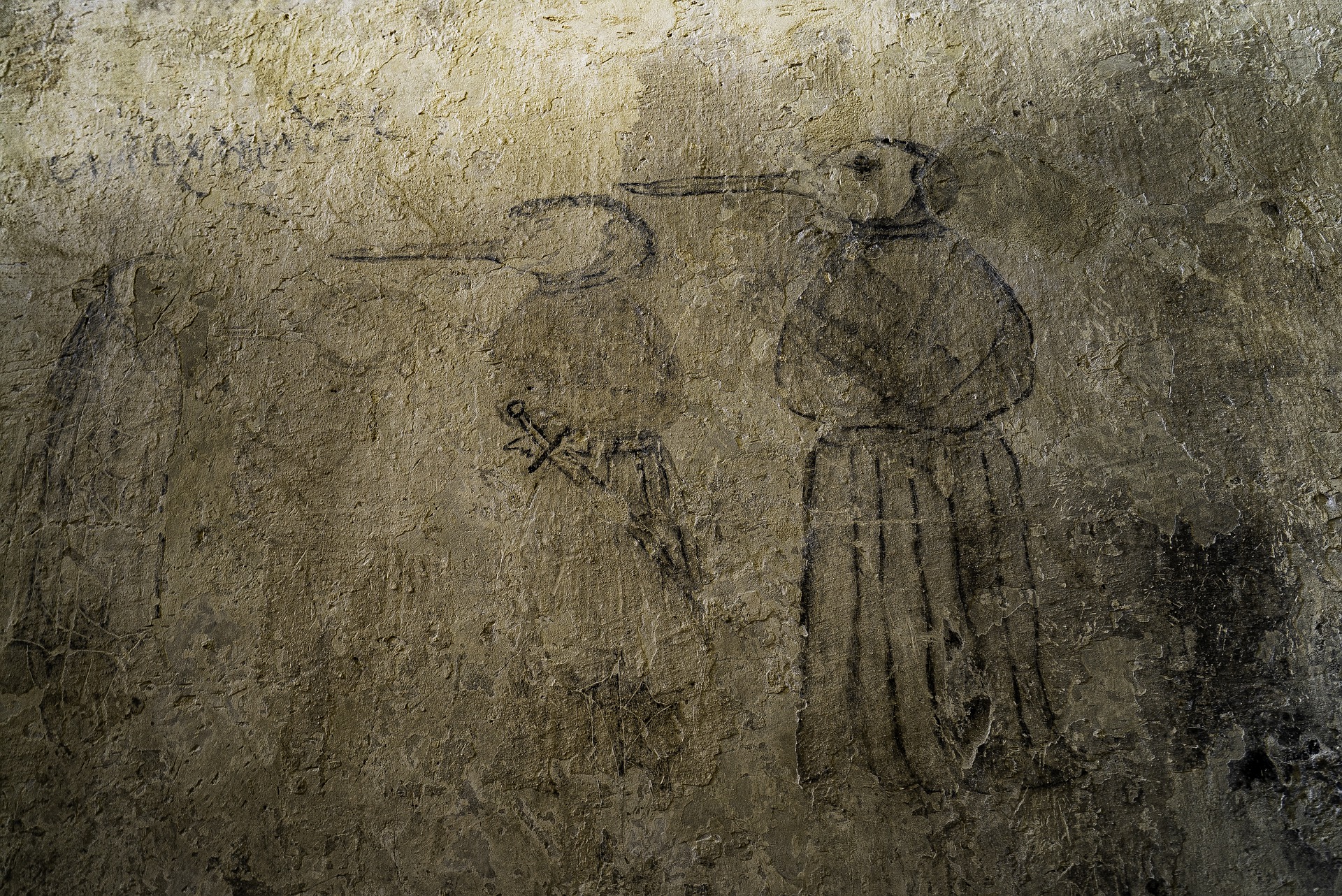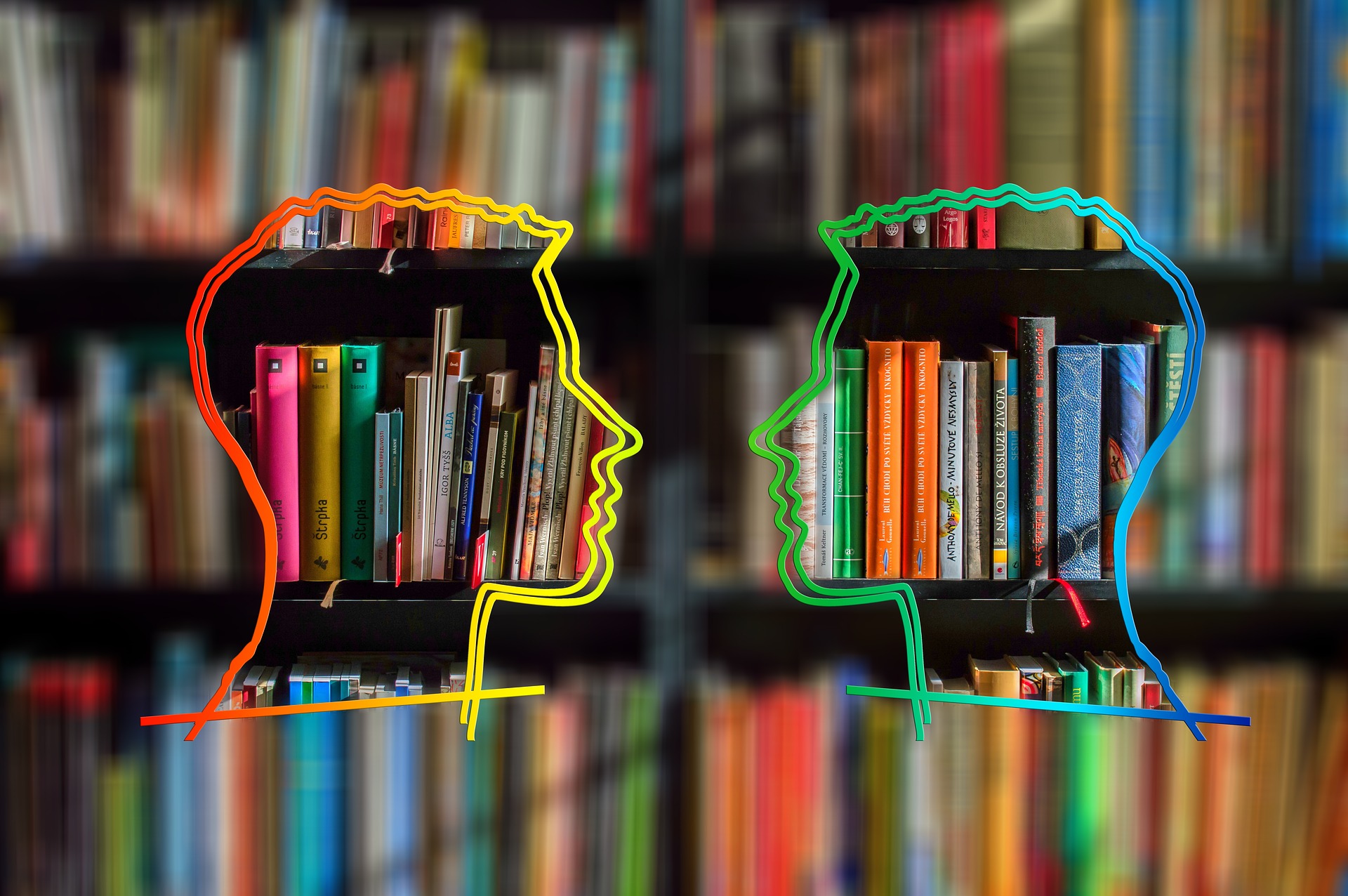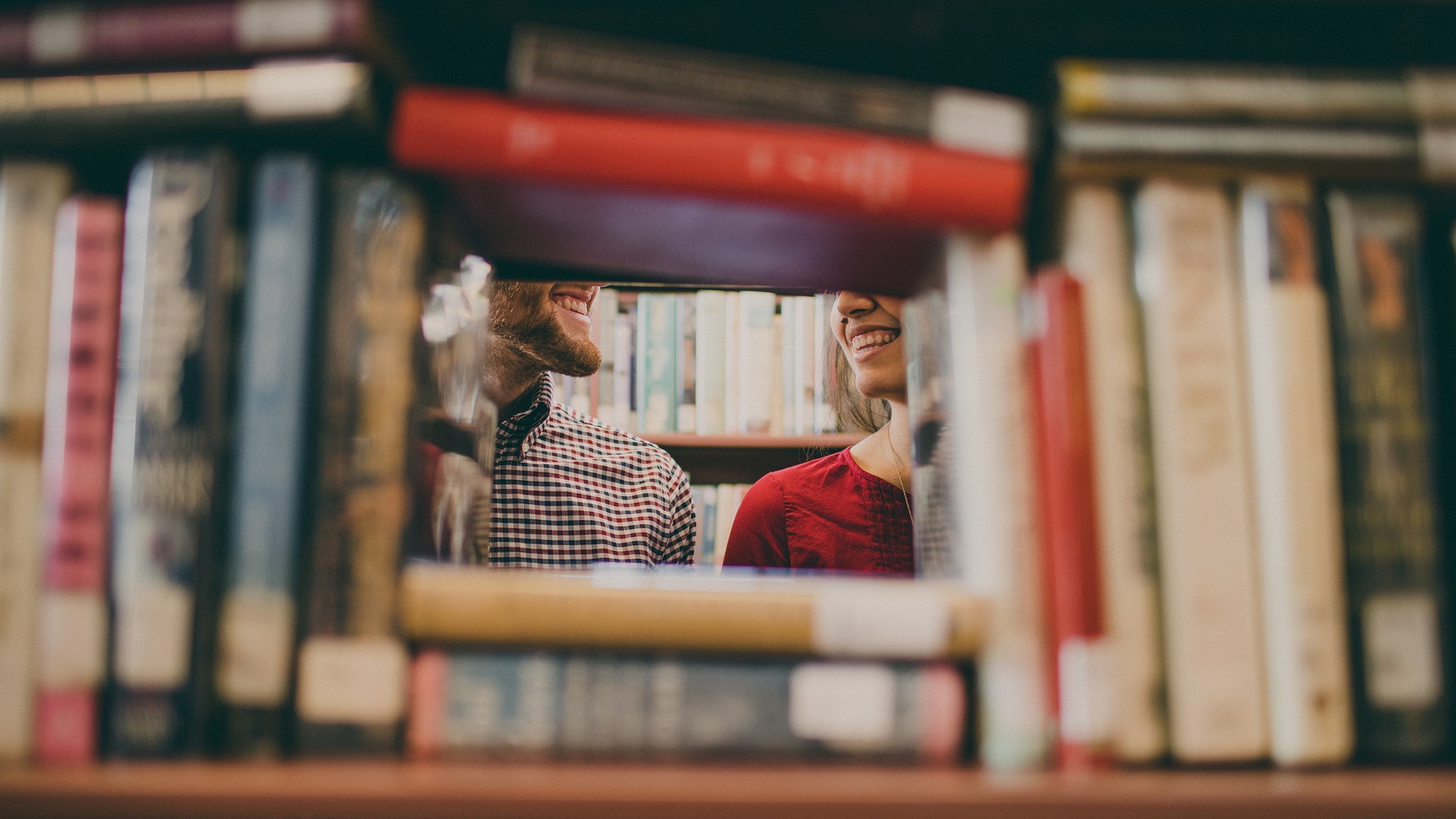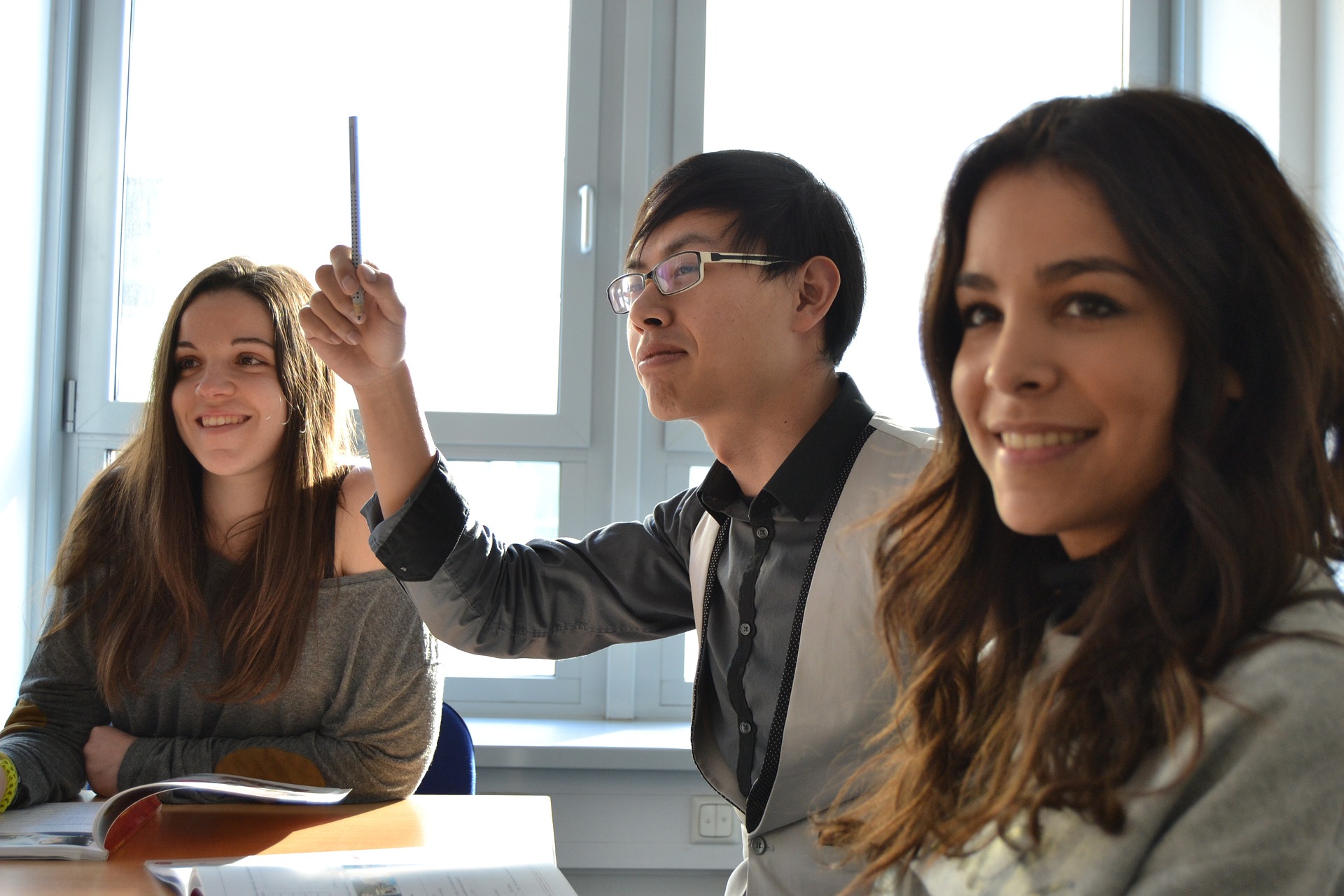Latest blog articles
-
Monographs and law review articles are legal sources that can be better studied and understood by dissecting (Lat. dissecare) or “cutting” them into seven pieces. Looking carefully at those pieces–as when dissecting organisms in biological sciences–can help researchers to work with sources...
-
Historical novels offer a place to outreach for other legal systems, providing laboratories to study and understand law and society. There is especial value in revisiting historical novels that depict law and society, especially in these days of Covid-19. Such is the case of the novel by Daniel...
-
Officially supported export credits are instruments that governments can use to boost or support their exports, either through insurances, loans or guarantees. Most governments provide this support through Export Credit Agencies (ECAs), the first of which were founded in the 1920s (Stephens, 1999).
-
In her recent book “The Deficit Myth” star economist Stephanie Kelton tells us why economists should not worry too much about sovereign debt and deficits. But is that the same for lawyers? And are all countries truly treated equally?
-
There is value in reflecting on the impact that Covid-19 has on legal education. A first reflection relates to the fact that many state that Covid-19 invites for virtual teaching. Teaching is not virtual, since it is as real as it can get: students and instructors are real, experiences are real.
-
Resilience is a characteristic of codification, since codes tend to change according to time and space: they are far from being eternal or carved in stone. This is evident in Europe, when looking at the recent reforms to the Belgian Civil Code, for example in the area of property law. Resilience is...
-
The Law and Literature (L&L) movement gained momentum in Europe during the past decades, having had so far more exposure on the other side of the Atlantic Ocean. L&L offers an open laboratory to create and test knowledge, and the teaching of law should benefit from the genius and creativity of...
-
Comparative law and multiculturalism can evolve together in the classroom at schools of law and result in a fruitful combination. Their interplay should be encouraged.
-
Legislative enactments and court decisions, together with social-historical events, provide the causal mechanisms that enable scholars to trace the evolution of ownership paradigms in different jurisdictions. In addition, shifts in ownership paradigms result from the circulation and flow of legal...
-
Dowsing is the ability to detect the source of things. Dowsing for a source of legal ideas must start at an early stage in academic life, when students write their first legal papers. This ability is mastered if students and tutors interact in the process of developing academic legal research skills...









